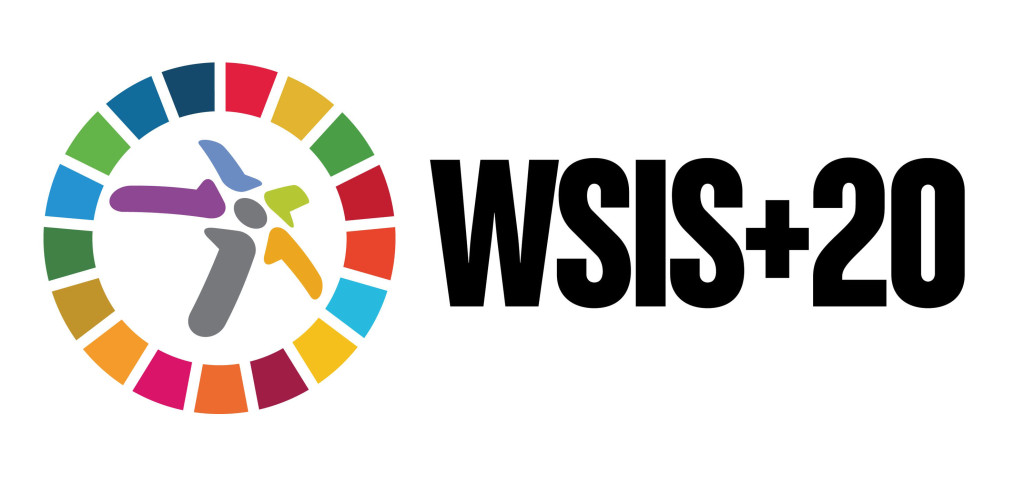The Informal Multistakeholder Sounding Board calls for greater transparency, human rights focus, and sustainable funding in WSIS+20 Process
The IMSB’s submission presents a detailed roadmap for deepening inclusivity, ensuring human-rights-based governance, and strengthening the institutional and financial foundations of the WSIS framework as it enters its third decade

The Informal Multistakeholder Sounding Board (IMSB) has released its reflections on the WSIS+20 Zero Draft, commending the openness of the consultation process while urging the UN co-facilitators to maintain transparency and inclusiveness throughout the next stages of negotiations. The IMSB represents a diverse group of non-governmental actors, including civil society, the technical community, academia, the private sector, and youth networks.
The submission welcomes the Zero Draft’s alignment with the 2030 Agenda for Sustainable Development, the Pact for the Future, and the Global Digital Compact, viewing this convergence as key to ensuring policy coherence across UN digital processes. It also supports reaffirming the foundational WSIS documents – the Geneva Declaration, Tunis Commitment, and Tunis Agenda – as the core reference points for a people-centred and multistakeholder information society.
The IMSB calls on the co-facilitators to continue publishing meeting transcripts, allowing stakeholder observation of preparatory sessions, and limiting closed-door discussions. It emphasises that sustained openness is essential to building trust and legitimacy in the WSIS+20 process.
The statement highlights the Zero Draft’s human rights-based approach, emphasising the role of the Office of the High Commissioner for Human Rights (OHCHR) in integrating human rights across the digital policy ecosystem. It praises the recognition of diverse stakeholder groups, governments, civil society, business, and academia, and supports the continued multistakeholder framework as the foundation for digital cooperation.
The IMSB also notes the importance of addressing gender gaps, rural-urban divides, and barriers faced by Indigenous Peoples and persons with disabilities. Beyond connectivity, it emphasises meaningful digital inclusion through local-language content, affordability, and digital literacy.
The IMSB supports the inclusion of digital public goods – such as open-source software, open data, and open AI models – as enablers of equitable digital transformation. It also welcomes the acknowledgement of environmental challenges linked to technology use, calling for sustainable design standards and stronger accountability for e-waste and energy consumption.
One of its central recommendations is to secure predictable and sustainable financing for implementing WSIS outcomes. The IMSB proposes creating a dedicated task force within the WSIS framework to explore financing mechanisms, drawing inspiration from the UN’s 2025 Financing for Development Conference outcomes.
The IMSB strongly supports the decision to make the Internet Governance Forum (IGF) a permanent United Nations forum, while urging clear criteria for its operation, including stable funding, formal recognition of national, regional, and youth IGF initiatives, and strengthened intersessional work. It also calls for predictable support to the IGF Secretariat and sustained contributions from both public and private stakeholders to ensure long-term stability.
To ensure accountability, the IMSB recommends annual reviews of WSIS implementation and improved national-level data collection. It also supports enhancing the role of the United Nations Group on the Information Society (UNGIS) as a platform for coordination and multistakeholder dialogue.


